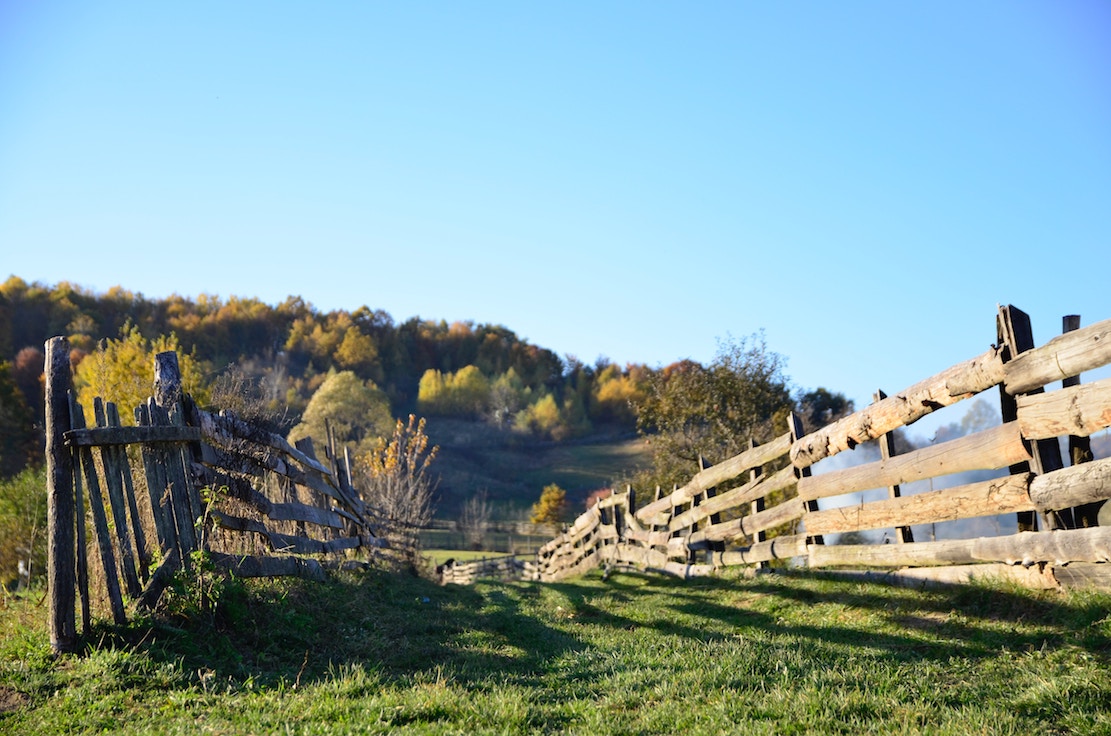Anger and guilt are similar in the sense that they experientially disclose true boundaries and values. Not just our intellectual constructs of them.
That’s the beauty of emotions, they bypass what we “think” or “expect”. To be fair, that can also be the challenge of them.
They can show up without any agreement from our thoughts. And, if I’m being honest, my thoughts can be kind of sneaky. I can try to convince myself of lots of things. So, I appreciate my emotions for being a true litmus test.
Think about anger as the emotion that lets you know the boundaries that govern how people treat you or the ones you love.
Think about guilt as the boundary that governs how you treat others or how you act in the world.
Anger arises when something happens that is not OK with you.
Or you perceive that something happened in such a way that was not OK with you. Of course, the way you make sense of things matters. If you are taking things personally that aren’t personal, you may get angry about something that is not actually happening.
In order for anger to be a true indicator of your boundaries, you have to check to make sure you are perceiving things accurately. If you are seeing accurately and you feel angry, you now know this is a boundary for you.
What to do about it:
Do yourself a favor and make sure that you communicate your boundaries to anyone that needs to know. Remember that boundaries need to be communicated a few times.
For example, you might have felt angry in an interaction with your best friend.
When you talk through what happened, you can let your BF know: “Hey, I realized this is a boundary for me”.
Then, if it comes up again, remind of the boundary or set up the interaction such that the boundary does not get crossed.
For example:
I have a boundary about being told an important information on short notice (like someone changes the time they will arrive to do work on my house or I need to pay a big bill on very short notice).
If that boundary is crossed and it is reasonable to discuss it, I will. Or, if it is not, I set it up so that it can’t happen again. For example, I leave someone a key if they are coming to take care of my yard rather than waiting on them when I need to run an errand or I’m trying to get work done.
Guilt arises when something YOU did is not OK with you.
Guilt lets you know the boundaries of your ethics and values. You may be surprised about what you feel guilt about.
You may find yourself thinking “it’s fine” to take samples from the bulk section in the grocery store. But then you find yourself looking around to make sure no one sees you when you take it. Are you really OK with it? Maybe not. You wouldn’t want someone not to see you if you didn’t feel like it might be wrong to do.
What to do about it:
If you find yourself feeling guilty about an interaction or something you did, it’s all good. People make mistakes!
All you need to do is acknowledge it and clean it up (apologize). My guess is that will go a long way and others will appreciate your integrity.
Just like anger has a catch (you have to be perceiving what happened accurately), so does guilt.
With guilt, it could take some time for your values and ethics to update.
In the past, you may have felt guilty if you did not take care of or prevent unpleasant feelings for someone else. But you may have done some work on equanimity so you are practicing allowing other people to manage their own feelings.
For some time, you may feel guilty when you allow others to deal with their feelings until your internal systems update.

